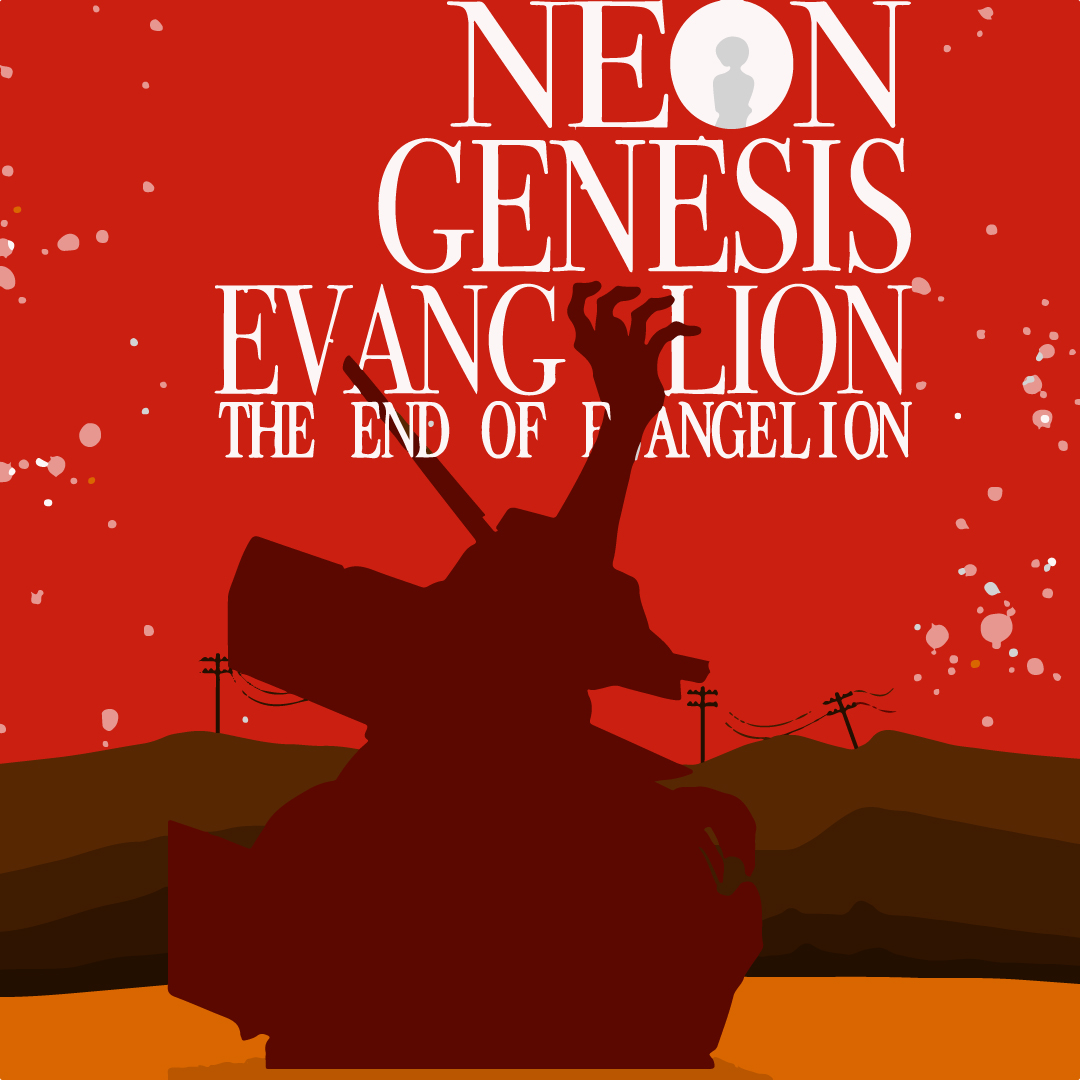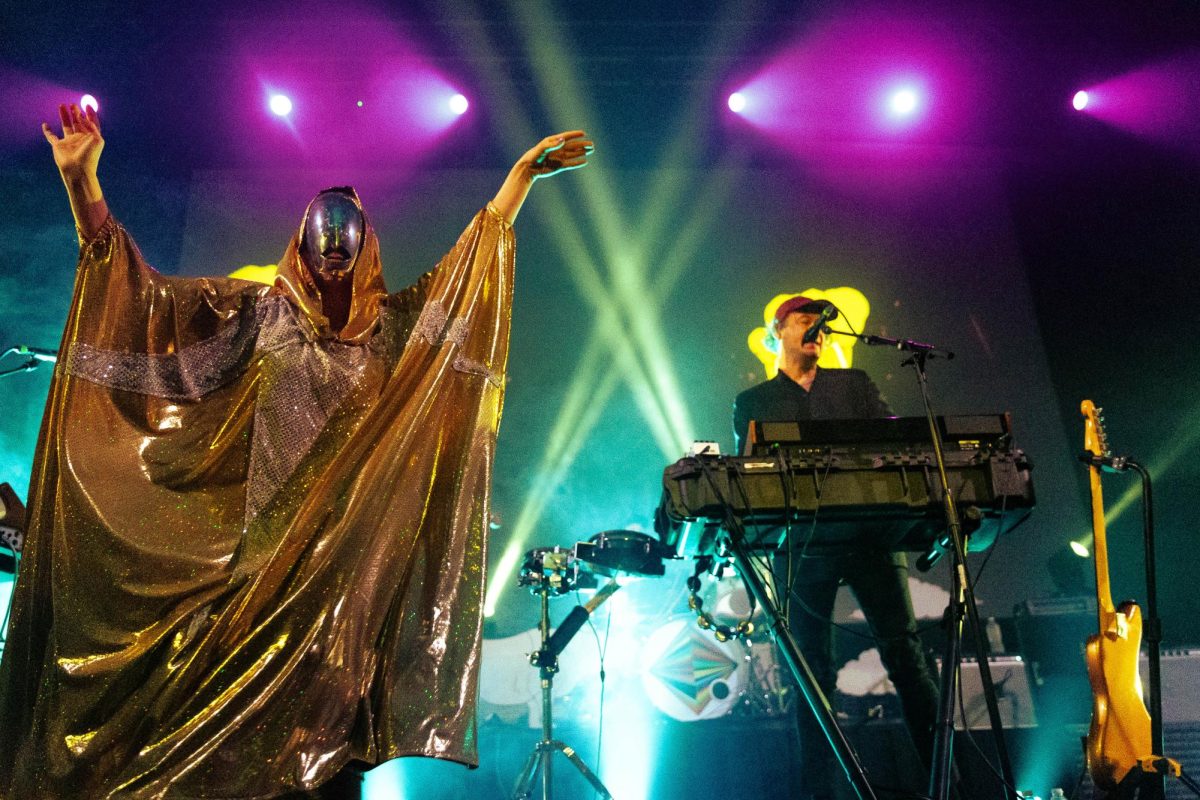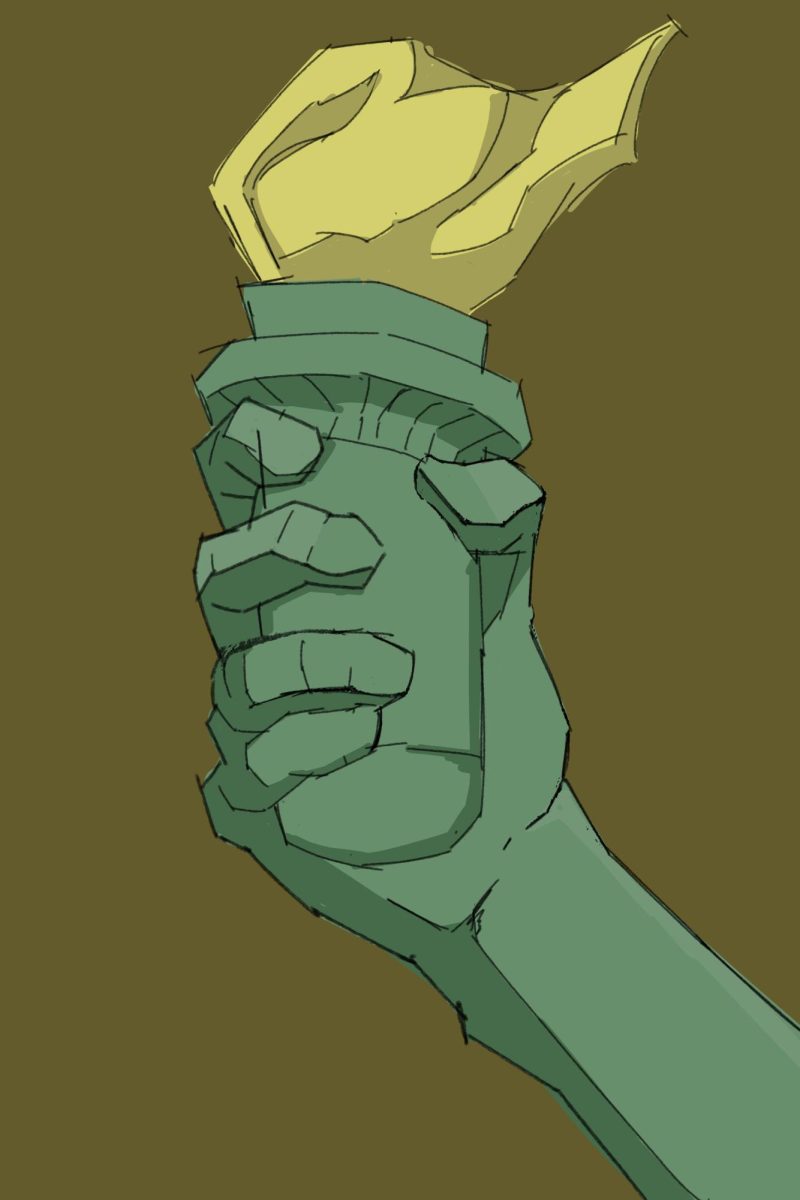

“Neon Genesis Evangelion”’s reputation as both the greatest anime of all time and a 14-year-old’s introduction to Kierkegaard has left the franchise at a fascinating crossroads in the modern public consciousness. Immediately following its initial 1995 Japanese release, “Neon Genesis Evangelion” follows young mech pilots Shinji Ikari, Asuka Langley-Soryu and Rei Ayanami as they navigate adolescence in a post-apocalyptic cyberpunk Tokyo-3. They attempt to balance their mental anguish and psycho-sexual malaise while protecting the world from the monstrous “angels” that routinely descend from the heavens to obliterate mankind and quickly become a cultural phenomenon.
The series took its mecha anime concept to its dramatic limit, employing everything from psychological realism to expressionism to explore a myriad of relevant themes. Touching ideas of identity, religion and existentialist philosophy, creator, co-writer and director Hideaki Anno weaponized uncharacteristically sophisticated ideas for an anime to build weight and reality in his otherwise fantastical story. The series never reveals its full hand until its final stretch of episodes, when it fully displays all of its bold experimentation and cements itself as one of the greatest animated series of all time.
As overwhelmingly great as the last episodes of “Neon Genesis Evangelion” are, budget constraints, creative indecision and schedule issues produce a grand finale that is less of a neatly assembled wrap-up and instead a stream-of-consciousness catharsis. It ties up all of the emotional loose ends while leaving the strands of its actual story on the cutting room floor. Whether “Neon Genesis Evangelion”’s plot or its psychology is its central identity has been up for debate for nearly 30 years, but the contemporary backlash eventually led Anno to begin production on what would be the series’ true finale, his 1997 magnum opus, “The End of Evangelion.”
Viewers at the time anticipated a concretely definitive resolution to all the series’ lingering plot threads, but instead, they were delivered a borderline agonizingly personal, excruciatingly bleak 87-minute shotgun blast of a film. Even its marketing spat in the face of the fans clamoring for a neat closer. Instead of delivering animated summer crowd-pleaser number 51, Anno and company synthesized every morsel of their psyche into a devastating and oblique remix of the show’s original ending, making arguably the greatest animated film of all time.
Split into two distinct halves, the first section, beginning with a title card denoting it as a different episode 25, details the immediate aftermath of episode 24. The second half is closer to a Rorschach test than a film, including “End of Evangelion”’s completely breath-taking showstopper centerpiece scored by the original song “Komm, Süsser Tod,” German for “Come, Sweet Death,” which should give you some idea of the movie’s general tone.
Much of “End of Evangelion”’s genius, let alone its thematic power, stems from its implacable stance against typical series finale clichés, instead functioning as a conversation, bordering on criticism of the audience that made the “Evangelion” franchise what it is. “End of Evangelion” clearly lambasts the escapism that Anno believed himself to be abusing and the creepy “best girl” culture that sickeningly surrounded itself around the series’ women, many of whom are underage. Not only does it further push the envelope in its battle with existentialist ideas, but it also brings to the foreground the show’s crucial ideas about individuality, love and sex. Even up until “End of Evangelion”’s last, thoroughly jaw-dropping ending sequence, the film shakes viewers to their core.
G-Kids, an American film distributor most commonly known for their releases of Hayao Miyazaki’s multitude of critically acclaimed films, recently picked up the theatrical rights to “End of Evangelion,” which will be screened for the very first time in select American theaters. If you have never seen “Neon Genesis Evangelion,” you still have time to fry your brain with its glorious onslaught of philosophy, teenage angst and mechs before experiencing the once-in-a-lifetime viewing of the seminal “End of Evangelion” for the first time, or, if you are well-acquainted with Anno’s futuristic world of angst and ennui, relish the chance to see his masterpiece on a big, beautiful screen.












